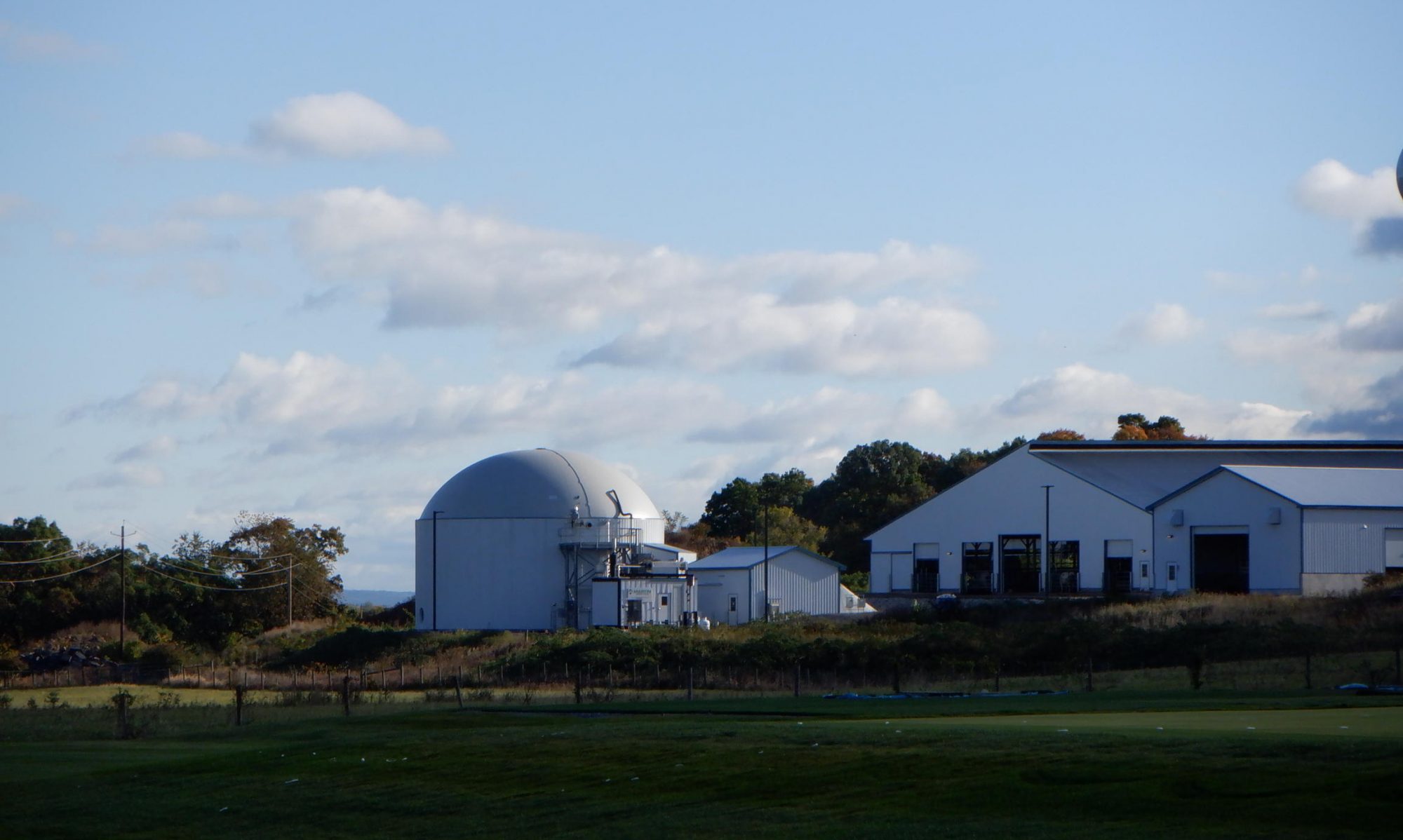Corn stover, straw, and other crop residues remaining after harvest can be an excellent source of organic material for biofuel production. They are considered waste products in many agricultural systems, so the additional money and/or energy that can be gained by farmers can provide a considerable boost to the overall farm budget. In addition, the fuels produced from these wastes offer a source of energy that doesn’t compete with food crops for arable land. Concerns have arisen mainly due to …
Corn Cobs for Biofuel Production
Can corn cobs be a viable biofuel feedstock in the US? Learn about the use of cob and husk materials in cellulosic ethanol, co-firing, and gasification projects. New harvesting technologies reduce production costs and make the economics more attractive for this biofuel energy crop.
 |
| Corn cobs. Photo: Cole Gustafson, North Dakota State Univ. |
Contents
- Introduction
- Current Potential for Use as a Biofuel
- Biology and Adaptation
- Production
- Potential Yields
- Transportation and Logistical Challenges
- Economic Challenges
- Environmental and Sustainability Issues
Introduction
Corn …
Corn Stover for Biofuel Production
Can corn stover harvested for biofuel energy be sustainable? This article examines production, potential yields and challenges of harvesting corn stover while maintaining soil quality.
|
|
| Corn stover bales. Photo: F. John Hay, Extension Educator, University of Nebraska-Lincoln Extension. |
Contents
- Introduction
- Current Potential for Use as Biofuel
- Biology and Adaptation
- Production
- Potential Yields
- Production Challenges
- Environmental and Sustainability Issues
Introduction
Corn stover is one of the largest potential annual crop-based biofuel feedstocks for several key reasons: the quantity of …

